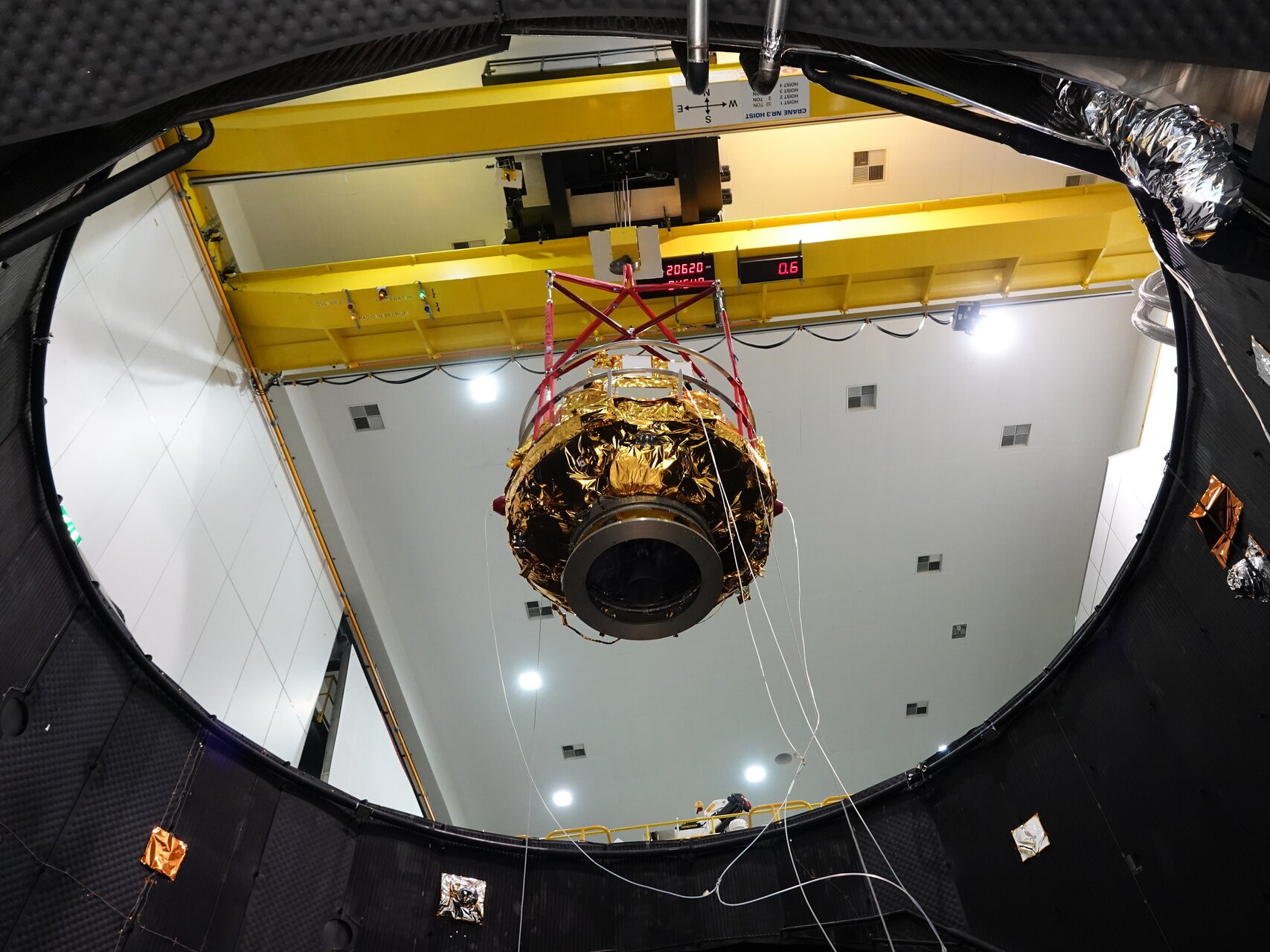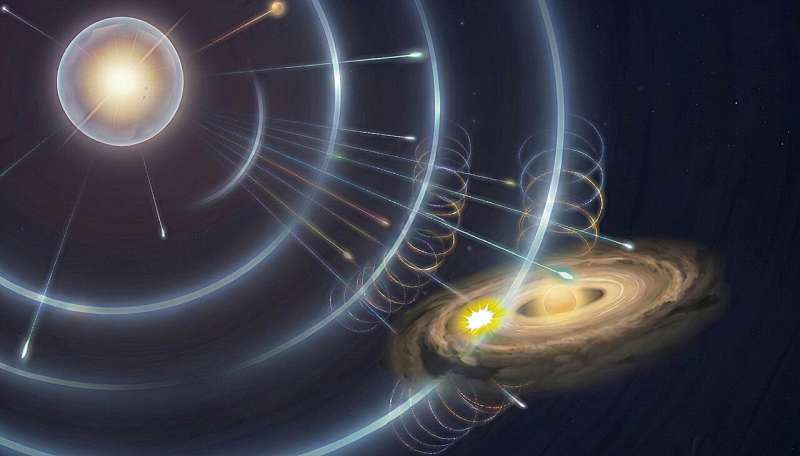The European Space Agency (ESA) has initiated a groundbreaking mission aimed at providing humanity with its first comprehensive understanding of how Earth reacts to radiation emitted by the Sun. This mission, set for launch in 2024, focuses on studying the intricate relationship between solar activity and its effects on our planet’s environment.
Solar radiation plays a critical role in shaping Earth’s climate and weather patterns. Understanding this relationship is essential for predicting potential impacts on communication systems, satellite operations, and even power grids. The ESA’s mission, which leverages advanced technology and international collaboration, seeks to uncover vital data that has remained elusive until now.
Mission Overview and Objectives
The mission, known as the Solar Orbiter, will employ a suite of sophisticated instruments designed to measure solar wind, magnetic fields, and the Sun’s radiation. These tools will capture data that allows scientists to analyze how solar activity influences Earth’s atmosphere and ionosphere.
ESA officials believe this mission will significantly enhance our understanding of space weather phenomena. According to Dr. Daniel Müller, the Solar Orbiter project scientist at ESA, “This mission will provide unprecedented insights into the Sun-Earth connection, allowing us to better predict solar events that can impact our daily lives.”
The Solar Orbiter will make a series of close approaches to the Sun, enabling it to gather high-resolution images and measurements. This will help researchers identify the mechanisms driving solar activity and its subsequent effects on Earth.
International Collaboration
The Solar Orbiter is not solely an ESA initiative; it represents a collaboration with the NASA, the United States space agency. This partnership allows for the sharing of expertise and resources, which is crucial for the mission’s success. NASA’s contributions include key instruments that will enhance the satellite’s observational capabilities.
The mission will also involve contributions from various member states, including the United Kingdom and other European nations, further emphasizing the international effort to advance our understanding of solar phenomena. The collaborative nature of this project highlights the global significance of studying solar radiation and its effects on Earth.
Scheduled for launch in 2024, the Solar Orbiter is expected to operate for several years, providing continuous data that will benefit researchers and policymakers alike. This information will be vital for developing strategies to mitigate the potential adverse effects of solar storms and other related events.
As the mission unfolds, the insights gained will not only contribute to scientific knowledge but also enhance public awareness of the Sun’s influence on our planet. The ESA’s commitment to exploring this critical area of research underscores the importance of understanding our solar environment in an increasingly interconnected world.
The Solar Orbiter mission marks a significant step forward in space exploration, paving the way for a deeper understanding of the forces that shape our planet. By bridging gaps in knowledge, ESA aims to empower humanity with the tools needed to navigate the challenges posed by solar radiation and its impact on Earth.







